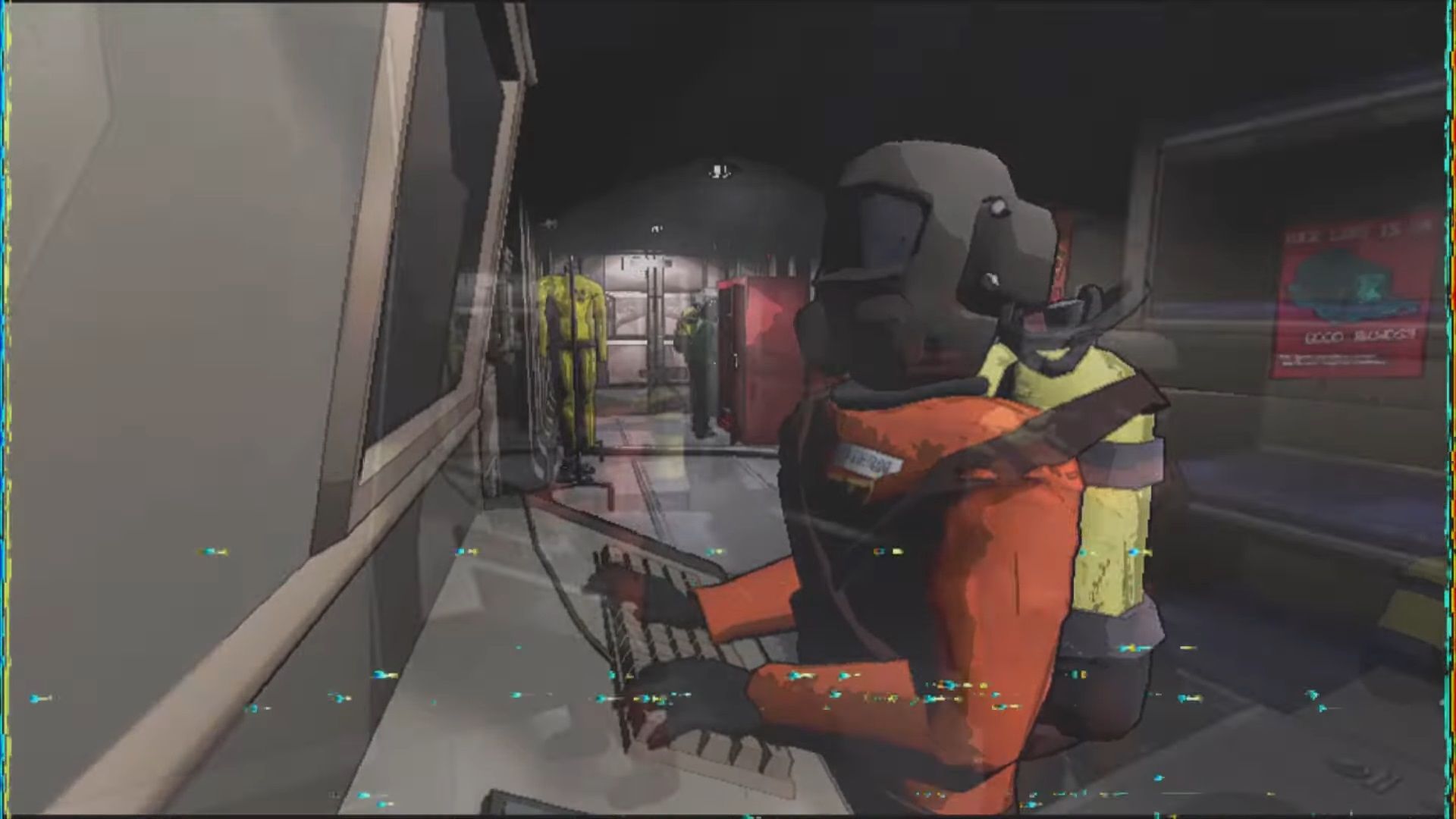Copyright timesnownews

The Union Cabinet, chaired by Narendra Modi, on Tuesday, October 28, gave its formal approval to the Terms of Reference (ToR) for the 8th Central Pay Commission (CPC). This new commission is designed as a temporary body, and will include a Chairperson, a part-time Member and a Member-Secretary. It is required to submit recommendations within 18 months of its constitution and may issue interim reports on specific items if needed, according to an official statement released on Tuesday. What the Commission Will Consider In preparing its recommendations, the 8th CPC must weigh several key factors: The economic conditions in the country and the need for fiscal prudence.The need to ensure that adequate resources are available for developmental expenditure and welfare measures.The unfunded cost of non-contributory pension schemes.The likely impact of the recommendations on the finances of the State Governments, which usually adopt the recommendations with some modifications.The prevailing emolument structure, benefits and working conditions available to employees of Central Public Sector Undertakings and the private sector.Current pay, benefits, and working conditions of central public sector undertaking (CPSU) employees and private sector workers. The Role And Timeline At A Glance Pay commissions for central government staff are convened periodically to examine salaries, retirement benefits and other service conditions. Historically, a pay commission’s recommendations are rolled out roughly every ten years. Following that pattern, the 8th Pay Commission’s recommendations would normally take effect from 1 January 2026. The government had already announced the setting up of this body in January 2025 to review salaries and benefits across central government employees. For central government employees, the initiation of the 8th Pay Commission signals the upcoming possibility of revised pay scales, enhanced service conditions or retirement benefits. Pay Matrix The 8th Central Pay Commission will introduce a well-structured and transparent pay matrix aimed at standardising salary frameworks across all government departments. Under this updated system, entry-level employees in Level 1 will see their basic pay rise from Rs 18,000 to Rs 21,600, representing a substantial increase in their starting salary. Likewise, employees at the highest level (Level 18) will benefit from a pay revision from Rs 2.5 lakh to Rs 3 lakh, ensuring proportional increments across all seniority levels.



